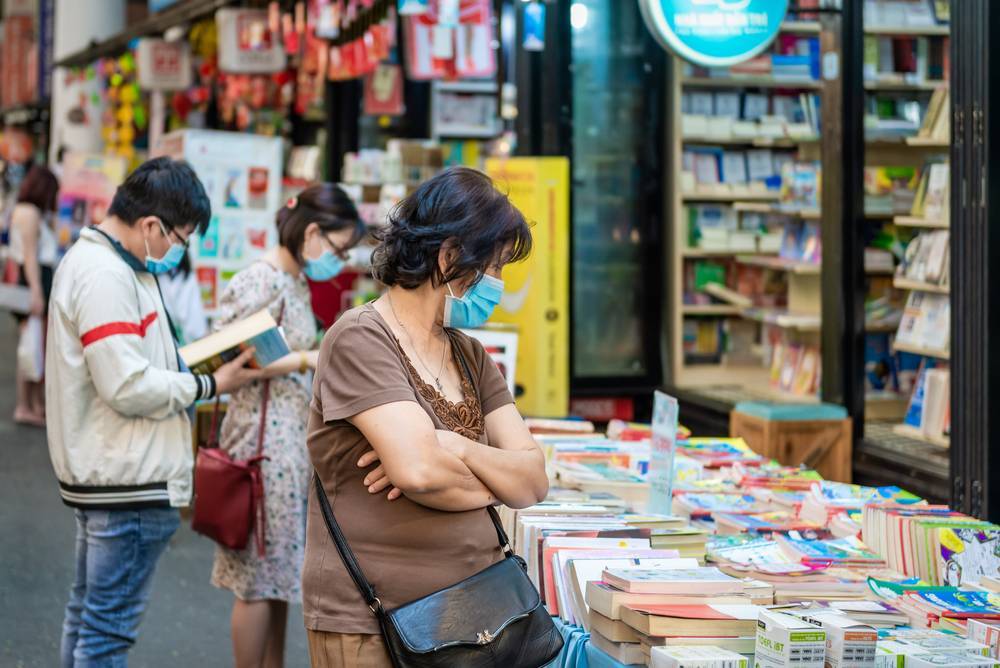Medical Channel Asia presents the weekly Asian medical news bulletin, bringing you essential healthcare news from across the region. This week’s bulletin will cover World Diabetes Congress, Japanese encephalitis & more.
Thailand
Thailand has been selected to host the “IDF World Diabetes Congress 2025”, marking the first time the event will be held in Southeast Asia. Expected to attract 10,000 attendees, the congress could generate over 420 million baht in revenue. The Thailand Convention and Exhibition Bureau (TCEB) collaborated with the Diabetes Association of Thailand to secure hosting rights. Also, it aligns with the nation’s ambition to become a global medical hub. The event will take place from April 7-10, 2025, at the Bangkok International Trade and Exhibition Center (BITEC). The Congress aims to boost recognition, resources, and collaboration for diabetes treatment. Currently, diabetes poses a significant health challenge in Thailand, with 300,000 new cases diagnosed annually and a healthcare expenditure nearing 47,596 million baht per year.
Philippines
Philippine President Marcos has lifted the state of public health emergency brought about by the COVID-19 pandemic, though the emergency use authorization (EUA) on vaccines remains valid for another year to use up the remaining supply. Proclamation No. 297, issued on July 21, revokes prior orders and memoranda tied to the state of emergency. The move follows reopening of borders and easing of safety protocols due to ongoing vaccinations and declining COVID-19 cases. Marcos’ order also instructs agencies to revise their regulations in light of the lifted state of emergency. World Health Organization Director-General Tedros Adhanom Ghebreyesus had previously stated that COVID-19 no longer constitutes a public health emergency of international concern.
Malaysia
Malaysian pharmaceutical company Duopharma Biotech has signed a distribution deal with UE LifeSciences to provide the iBreastExam device across Malaysia. The iBreastExam is a handheld device that uses sensor technology to detect differences in breast tissue elasticity, helping to identify potential cases of breast cancer. The user-friendly device has been verified for accuracy through several global independent clinical studies, and it has regulatory approvals in over 12 countries. Duopharma Biotech’s initiative tackles the problem of late-stage breast cancer discovery in Malaysia. Each year, 40% of new cases are detected very late.
Vietnam
Vietnam and Laos health ministries have committed to enhancing their cooperation in healthcare during a recent meeting. The Health Minister from Vietnam underlined that Vietnamese hospitals are ready to treat Lao people. They are also prepared to train Lao students in their medical universities. The Lao Health Minister appreciated Vietnam’s support, especially during the COVID-19 pandemic, and requested continued assistance in training and hospital development. The ministers also discussed expanding cooperation in traditional medicine, pharmacy, disease prevention, and control.
Singapore
Singapore’s Health Sciences Authority (HSA) will launch a voluntary notification initiative for health supplement and traditional medicine companies starting August 1. The initiative aims to create a public database of safe and certified health products to enhance traceability and expedite actions in case of safety or quality concerns. The initiative will start with frequently bought items like vitamin and mineral supplements. Products with a high adulteration risk are also included. Other product categories will join later. Companies wanting to join must register locally. They must also prove their products meet the required safety and quality standards. The database will only include products that comply with these regulatory standards.
Indonesia
The Indonesian Health Ministry has developed a national strategy document on preventive measures against Japanese encephalitis (JE), a form of brain inflammation spread by the bite of Culex mosquitoes infected with the JE virus. The strategy was unveiled at the 2023 ASEAN Dengue Day forum in Bogor, West Java. The document aims to guide efforts to prevent and control JE cases in Indonesia. A sentinel surveillance in 2016 took place across 11 Indonesian provinces. It recorded 326 cases of acute encephalitis syndrome (AES). Among these, 43 cases (13%) showed a positive test for JE. According to the ministry, although a vaccine for JE is available, there is no specific cure for the disease, making prevention through vaccination and avoiding mosquito bites crucial.

